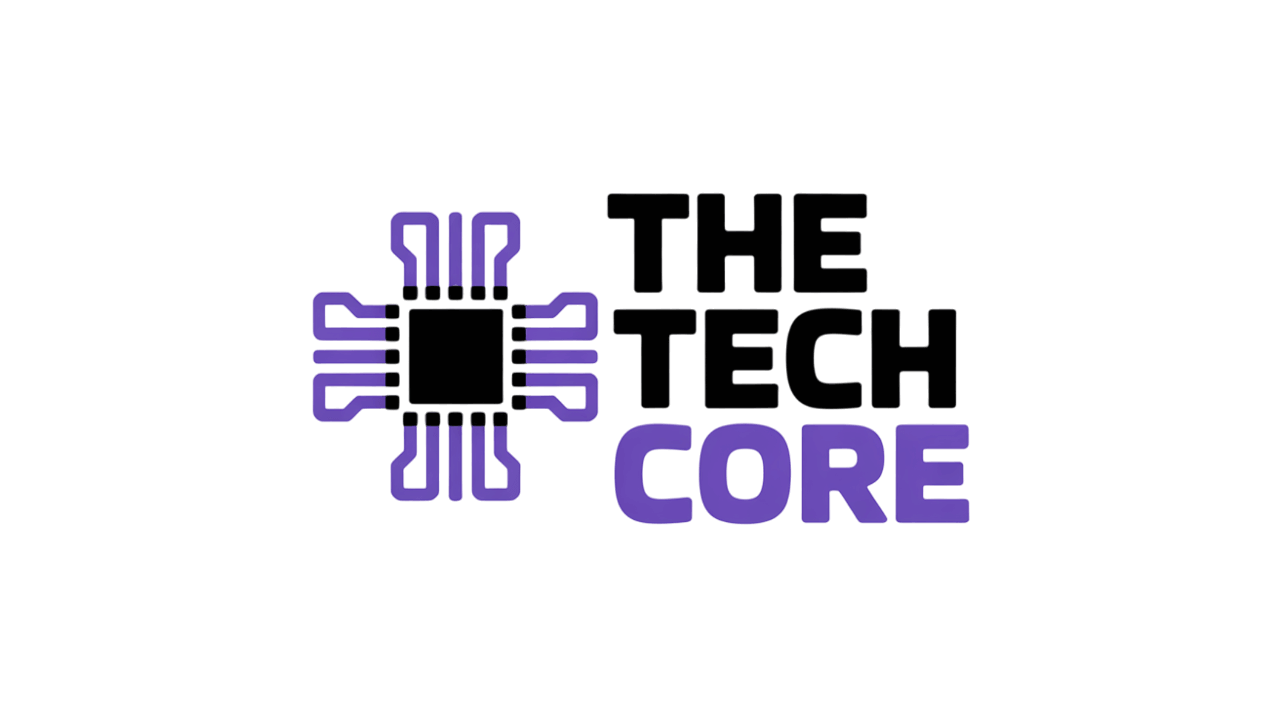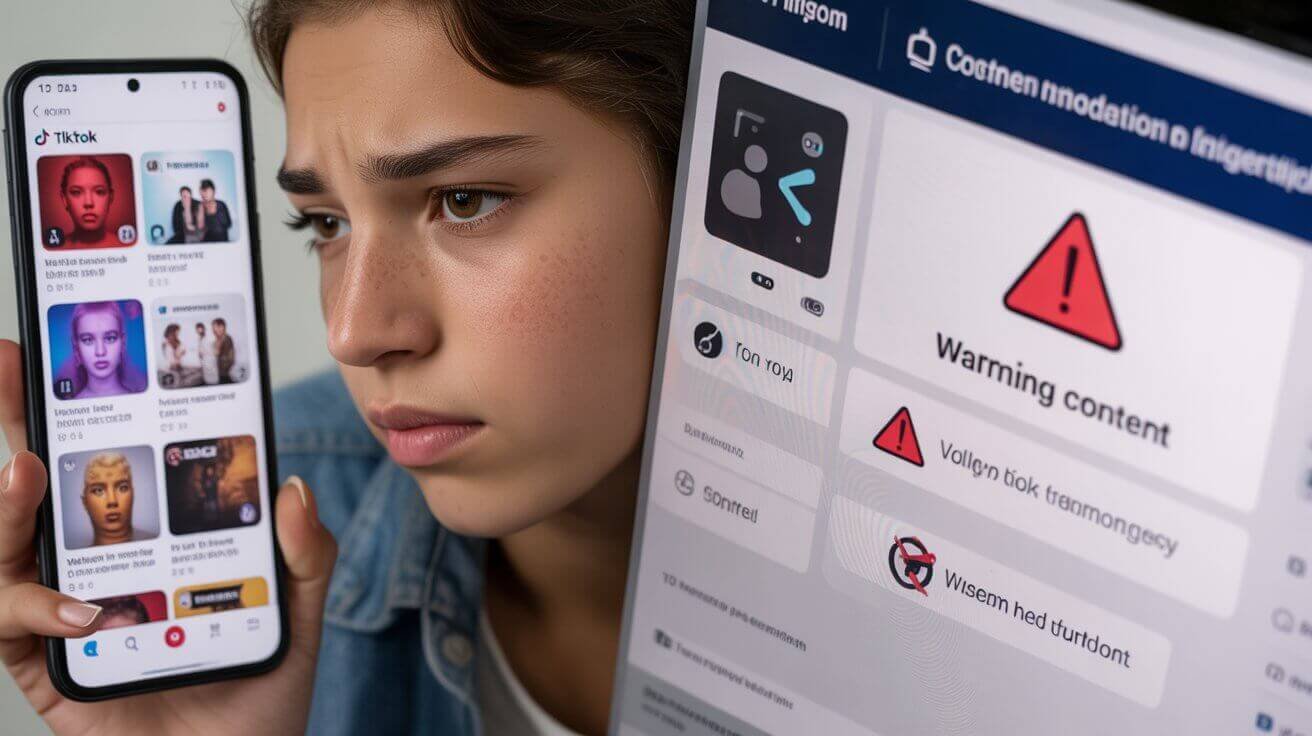I’ve been watching the mental health content on TikTok for months, and honestly, I’m alarmed by what I’m seeing. Last week, researchers at the Université de Montréal dropped some seriously concerning findings that should make us all question how platform content moderation actually works. They analyzed over 1,000 mental health videos and found that more than 20% contained intentionally misleading information or outright misinformation. Even more troubling? The misleading content consistently performed better than accurate information.
This isn’t just another “social media is bad” story. We’re talking about vulnerable people – many of them teenagers – getting medical advice from unqualified creators who often have financial incentives to mislead them. Meanwhile, platform content moderation systems seem completely unprepared to handle the nuanced challenge of mental health misinformation. The question isn’t whether platforms should moderate this content anymore. It’s how quickly they can figure out effective ways to do it before more people get hurt.
But here’s what really gets me: while we’re debating free speech and algorithmic bias, real people are making potentially dangerous decisions based on TikTok videos. That’s not theoretical harm – that’s happening right now.
The Shocking Reality of Mental Health Misinformation on TikTok
What the Montreal Study Actually Found
Let me break down these findings because they’re genuinely disturbing. The research published in the Journal of Medical Internet Research analyzed 1,000 TikTok videos across 26 mental health topics in English, French, and Spanish. The results paint a picture of a platform where misinformation isn’t just present – it’s thriving.
Here’s what hit me hardest: 84% of mental health videos contained misleading information, according to separate research by PlushCare. Moreover, only 9% of creators discussing mental health had any relevant medical qualifications. Think about that for a second. Nine percent. That means 91% of people giving mental health advice on TikTok have no professional training whatsoever.
The most problematic areas? ADHD content was misleading in over 90% of cases, with creators often promoting oversimplified self-diagnosis criteria like “If you forget your keys, you definitely have ADHD.” Bipolar disorder and depression content showed similar patterns, with creators frequently pathologizing normal human experiences or promoting unproven treatments.
The Algorithm Amplifies the Problem
But here’s where platform content moderation failures become truly dangerous: TikTok’s algorithm consistently promotes misleading content over accurate information. According to the research, misleading mental health advice receives significantly more engagement than educational content from healthcare professionals.
Why does this happen? Personal stories and emotional content naturally get more likes, shares, and comments than dry educational videos. When someone dramatically describes their self-diagnosed ADHD symptoms, it feels more relatable than a psychiatrist explaining diagnostic criteria. Unfortunately, TikTok’s algorithm interprets high engagement as “valuable content” and shows it to more people.
This creates a vicious cycle where misinformation spreads faster than facts, and platform content moderation systems struggle to differentiate between harmful advice and legitimate personal experiences. The result? Vulnerable users get exposed to increasingly misleading content the more they search for mental health information.
How Platform Content Moderation Is Failing Mental Health Users
The Complexity Challenge
Traditional platform content moderation works reasonably well for obvious violations like hate speech or violence. But mental health misinformation exists in a gray area that current systems can’t handle effectively. How do you distinguish between someone sharing their genuine experience and someone spreading dangerous medical misinformation?
Research from Harvard’s Petrie-Flom Center reveals the scope of this challenge. Users are increasingly turning to TikTok for mental health diagnoses, often getting them wrong 5 to 11 times more frequently than they correctly identify conditions. Yet many of these “diagnostic” videos don’t technically violate platform policies because they’re framed as personal experiences rather than medical advice.
The problem gets worse when you consider that about half of ADHD content creators use their videos to sell products or coaching services, despite having no mental health qualifications. These aren’t obvious scams that automated platform content moderation can easily catch – they’re sophisticated operations that exploit regulatory gray areas.
The Scale Makes Human Review Impossible
TikTok processes millions of mental health-related videos daily. According to multiple studies, content with the #mentalhealth hashtag alone receives over 1 billion cumulative views. Human reviewers simply can’t evaluate that volume of content for medical accuracy, especially when it requires specialized knowledge to identify subtle misinformation.
Meanwhile, automated platform content moderation tools struggle with context and nuance. A video about depression symptoms might be educational if created by a licensed therapist, but harmful if it promotes self-diagnosis by an unqualified influencer. Current AI systems can’t reliably make these distinctions, leading to either over-censorship of legitimate content or under-enforcement against misinformation.
The platforms know this is a problem. A recent study in JMIR Infodemiology found that youth users themselves report having to rely on their own judgment to assess information accuracy, often reading through comments to verify what they’ve learned from videos. That’s a clear admission that platform content moderation isn’t protecting users from misleading health information.
Real-World Consequences of Failed Mental Health Moderation
The Self-Diagnosis Epidemic
I’ve been tracking this trend, and it’s genuinely concerning. Young people are increasingly using TikTok to diagnose themselves with conditions ranging from ADHD to dissociative identity disorder. According to research, one in four adults now suspect they have ADHD when only 6% of the population actually has the condition.
This wouldn’t be so problematic if people were just seeking information. But many users are making real-world decisions based on TikTok content. They’re requesting specific medications from doctors, avoiding treatments that might help them, or spending money on unproven supplements and coaching programs promoted by unqualified creators.
The financial exploitation is particularly troubling. Creators often use ADHD misinformation to sell products like fidget spinners, workbooks, or “ADHD coaching” services. When platform content moderation fails to identify these commercial relationships, users can’t make informed decisions about whether content is educational or advertising.
Impact on Professional Healthcare
Healthcare providers are reporting increasing numbers of patients who arrive with self-diagnoses from social media. While patient self-advocacy is generally positive, misinformation complicates treatment when people have unrealistic expectations or resist evidence-based approaches based on what they learned on TikTok.
Research published in multiple medical journals shows that mental health misinformation can actually worsen existing conditions by promoting harmful coping strategies or discouraging professional treatment. When platform content moderation allows misleading content to flourish, it doesn’t just spread false information – it actively undermines public health.
Practical Solutions for Better Platform Content Moderation
What Platforms Could Do Right Now
Instead of waiting for perfect solutions, platforms could implement several immediate improvements to platform content moderation for mental health content:
Credential verification for health creators: Require mental health professionals to verify their qualifications, similar to how Twitter verifies public figures. This wouldn’t eliminate all problems, but it would help users identify qualified sources.
Content labeling systems: Add clear labels to mental health content indicating whether it’s personal experience, educational information, or promotional material. Research suggests that content labeling can provide valuable context without suppressing legitimate discussion.
Algorithm adjustments: Modify recommendation systems to prioritize accuracy over engagement for health-related content. This is technically challenging but not impossible – platforms already use different algorithms for different content types.
Community moderation: Implement systems where verified mental health professionals can flag problematic content for review. Reddit and other platforms have shown that community moderation can be effective when properly structured.
Regulatory Approaches That Actually Work
Minnesota recently passed legislation requiring social media platforms to add mental health warning labels, providing resources like the 988 Suicide Crisis Hotline. While not perfect, this represents the kind of targeted regulation that could improve platform content moderation without suppressing legitimate speech.
Other promising approaches include:
Transparency requirements: Mandate that platforms disclose how they moderate mental health content and what qualifications they require from health creators.
Data access for researchers: Allow independent researchers to study mental health misinformation patterns, similar to what academic institutions do with other public health issues.
Industry standards: Develop voluntary guidelines that platforms can adopt, similar to existing standards for election misinformation or COVID-19 content.
Future Implications: Where Mental Health Content Moderation Is Heading
The AI Content Flood Is Coming
Current platform content moderation challenges pale compared to what’s coming. Experts predict that AI-generated content will soon flood social media platforms, making it even harder to identify legitimate mental health information. When anyone can generate convincing videos featuring fake mental health professionals, traditional verification methods will become obsolete.
Platforms are already struggling with human-generated misinformation. Adding AI-generated content to the mix could overwhelm platform content moderation systems entirely, unless we develop new approaches specifically designed for this challenge.
The Accountability Movement Is Growing
Recent surveys show that 79% of people globally want social media platforms to remove harmful content, including misinformation. This represents a significant shift in public opinion toward supporting stronger platform content moderation rather than unlimited free speech.
More importantly, 35% of respondents believe platform operators should bear primary responsibility for creating safe online environments. This suggests growing support for holding platforms accountable for the content they amplify, particularly when it affects public health.
Innovation in Mental Health Content
Despite the problems, social media isn’t going away. Research indicates that TikTok can provide valuable mental health benefits when used appropriately, including reducing stigma, providing peer support, and encouraging people to seek professional help.
The future likely involves better platform content moderation that preserves these benefits while minimizing harm. This might include AI systems trained specifically on mental health content, partnerships with professional organizations, or new formats that encourage responsible sharing of mental health experiences.
The Path Forward: Balanced Solutions for Mental Health Content
We can’t solve this problem by banning mental health discussion on social media. That would eliminate legitimate benefits while driving conversations to less regulated platforms. Instead, we need nuanced platform content moderation approaches that distinguish between helpful personal experiences and dangerous misinformation.
The Montreal study should serve as a wake-up call, not just for platforms but for users, parents, healthcare providers, and policymakers. When 84% of mental health content contains misleading information, we’re not dealing with isolated problems – we’re looking at systemic failure of platform content moderation systems.
But I’m cautiously optimistic about solutions. Minnesota’s warning label law, growing public support for content moderation, and increasing awareness of these issues suggest we’re moving toward better approaches. The key is implementing changes quickly enough to help the people who are being harmed right now.
Ultimately, this isn’t just about platform content moderation policies or algorithmic tweaks. It’s about recognizing that social media platforms have become de facto sources of health information for millions of people, especially young people. With that influence comes responsibility – and it’s time for platforms to start taking that responsibility seriously.
The question isn’t whether we should moderate mental health content. It’s whether we can develop platform content moderation systems sophisticated enough to protect vulnerable users while preserving the genuine benefits that social media can provide for mental health awareness and support.








